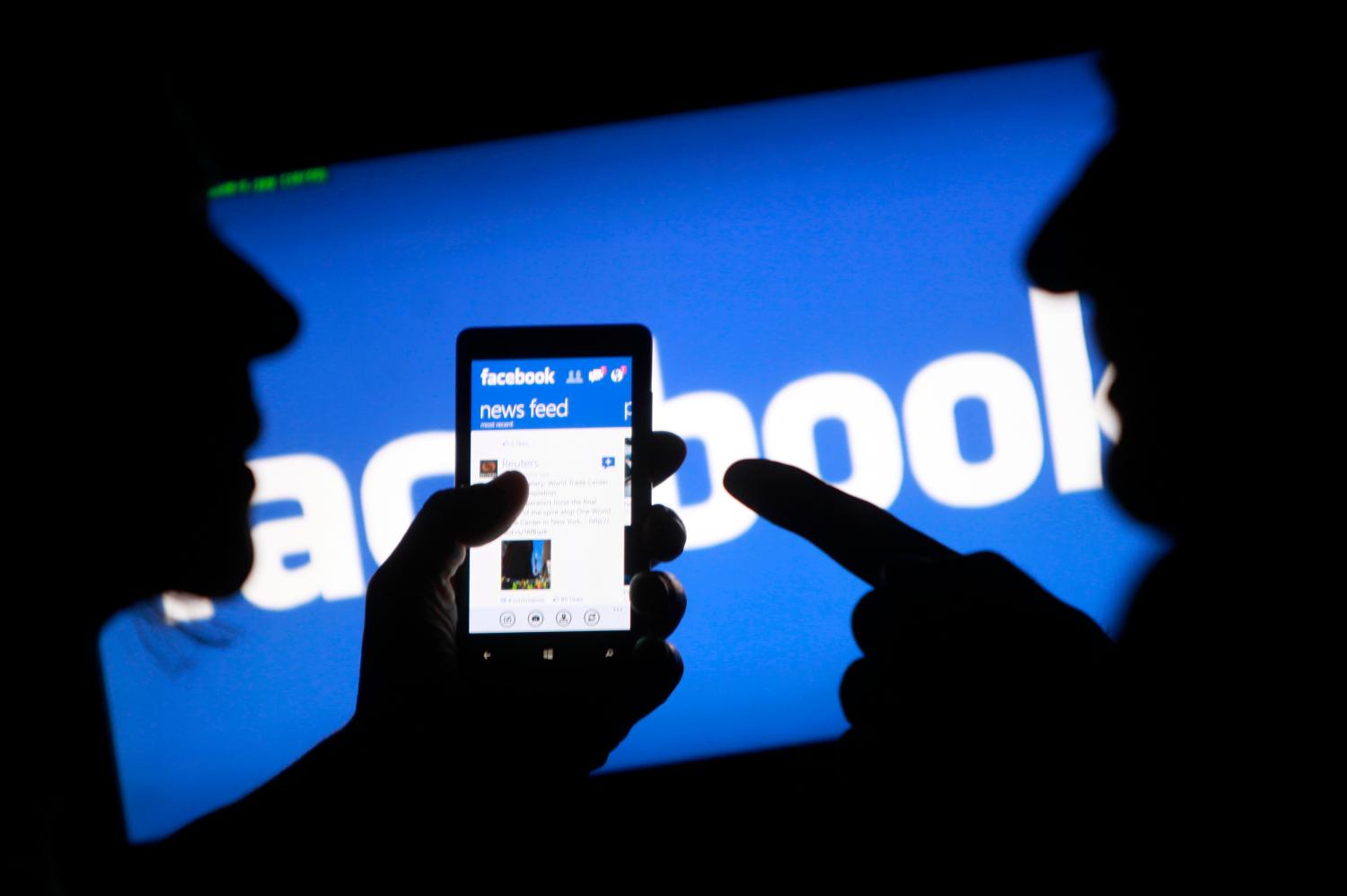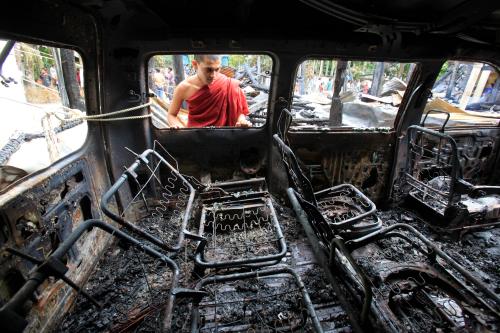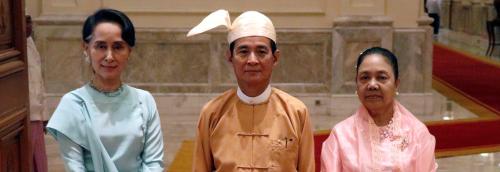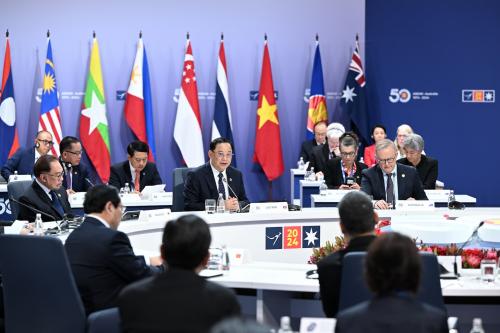Executive Summary
Contrary to once idealistic expectations that social media would usher in a new era of unity and democratization, technology’s empowerment of the masses seems to have engendered societies in which people are more isolated and polarized than ever before. Southeast Asia serves as a particularly interesting case study on the pernicious effects that social media has exerted on the political environment. In the absence of moderating influences such as a strong education system, well-developed legal framework, and robust, independent media, rumors and falsehoods have spread largely unimpeded online. Such disinformation has stoked long-standing communal conflicts and provided an opportunity for domestic and foreign actors alike to stymie and potentially reverse democratic gains. These detrimental effects on fragile democracies along China’s periphery threaten to erode Washington’s influence in the region, which in turn is likely to have more far-reaching effects.
Southeast Asia is poised to be the fastest growing internet market in the world by 2020. The vast majority of people in the region access the internet using their mobile phones, a development made possible by a combination of favorable policies and technological advances that have sharply reduced the costs of cellular communications for consumers. Facebook in particular has become the social media platform of choice for many living in Southeast Asia, largely owing to the fact that it has been adapted to operate on the low-end feature phones that are prevalent in more impoverished countries.
The ubiquity of social media alone, however, does not account for its outsized influence. Such online communication platforms have contributed to the acceleration of information flows characteristic of our modern era. The ambiguity arising from this deluge of information challenges the basic human propensity to minimize uncertainty. Mental shortcuts that individuals rely on to aid their decisionmaking can make them more susceptible to the disinformation that they are routinely exposed to. Compounding this problem, the increasing personalization of the internet limits the scope of knowledge that people receive, often making them unaware of facts that might provide them with a more complete understanding of a given issue, while segregating them into virtual communities of likeminded individuals that can wield influence over their behavior. Individual tolerance of ambiguity exists on a spectrum, and some people are more inclined to rush to judgment to allay their discomfort with uncertainty, making them targets for actors who seek to persuade their thinking.
In Southeast Asia, such behavioral manipulation has occurred at the grassroots level as charismatic leaders and groups have taken to social media to spread hate speech and fake news with the intent of gaining adherents to their cause in long-running communal conflicts that threaten democratic consolidation. At the same time, a couple of prominent, democratically-elected strongman leaders in the region have also taken advantage of social media’s persuasive power to undergird their rule as they simultaneously seek to silence the professional media organizations that pose a challenge to their carefully curated narratives.
Continued technological innovations portend a future in which it will be even more difficult to discern the truth of information shared online. Attempts to curtail the spread of disinformation through legal and technological means are likely to prove ineffective given the politicization of institutions in the region and the exponential rise in the amount of information shared online. Rather, efforts should be taken to make populations more resistant to the siren song of disinformation. Through education and the rebuilding of physical communities, individuals can become more comfortable living in a complex and nuanced world.
The Brookings Institution is committed to quality, independence, and impact.
We are supported by a diverse array of funders. In line with our values and policies, each Brookings publication represents the sole views of its author(s).




